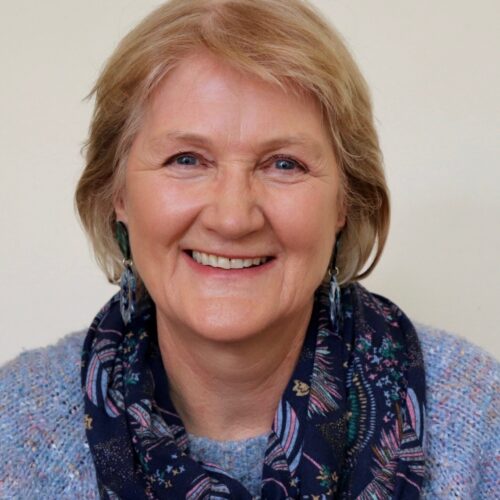Counselling, Psychology & Psychotherapy
"Whatever it is that you are going through, or wishing for, I promise you something: your life will become easier if you allow yourself the help of others from time to time."
Shopping For a Shrink, by Todd Zemek
Relationship Counsellors have specialised training and experience in couple’s therapy and relationships at all stages including exploration, reconciliation or separation.
People often ask what the difference is between a psychotherapist and a psychologist. According to Dr Tristan Snell, a counselling psychologist and senior lecturer in psychology at Deakin University:
“Counsellors help people tackle problems in a positive way by helping to clarify issues, explore options and develop strategies. ‘Counsellors are experts in listening and helping people achieve their personal goals,’ says Dr Snell. ‘They don’t tend to do diagnosis or assessment, but they will support people with mild to moderate symptoms of mental illness. Beyond one-on-one therapy, psychologists and counsellors work in a wide range of professional settings. You’ll find psychologists working with corporates to improve workplace culture, in schools to support children and young people, and with athletes to boost performance. Counsellors often work in-house for not-for-profits, government departments and helpline services.”
“Psychologists,” Dr Snell continues to say, “have special training in diagnosis and assessment, and they tend to support people with more severe mental health problems. Careers in psychology tend to take place within more of a medical framework. Psychologists use treatments like cognitive behavioural therapy, which identifies and challenges unhelpful thoughts and behaviours, and tools like psychological testing to inform strategies for therapy. Counsellors adopt a more person-centred approach,” says Dr Snell. “If you went to see a psychologist, they would probably do quite a comprehensive assessment to begin with, whereas a counsellor would begin by listening and discussing what your goals are,” he says.
Psychology tends to be shorter-term, solution-focused work. The aim being to provide skills and strategies for the relief or cessation of symptoms. Psychologists generally employ a Cognitive Behavioural Therapy (CBT) approach, which is to say that they challenge and modify the ways our thoughts affect our emotional well-being. Alternatively, Psychologists use therapies such as Inter Personal Therapy (IPT) which are designed to examine the effects of interpersonal issues on mood and functioning.
Clinical Psychologists have a minimum of six years of university training in the assessment, diagnosis and treatment of a wide range of mental health, emotional and cognitive difficulties. They work with people all along the psychological spectrum and have thorough knowledge about when and why some extra assistance from a GP or Psychiatrist might prove a beneficial addition to treatment.
Clinical Psychologists are extensively involved in researching the best methods of treating psychological problems and their therapeutic approach focuses on the provision of the most appropriate evidence-based treatment for the type of issue their client is experiencing. Some of the evidence-based therapies may include: Cognitive Behavioural Therapy, Interpersonal Psychotherapy, Motivational Interviewing and Mindfulness-Based Cognitive Therapy.




















